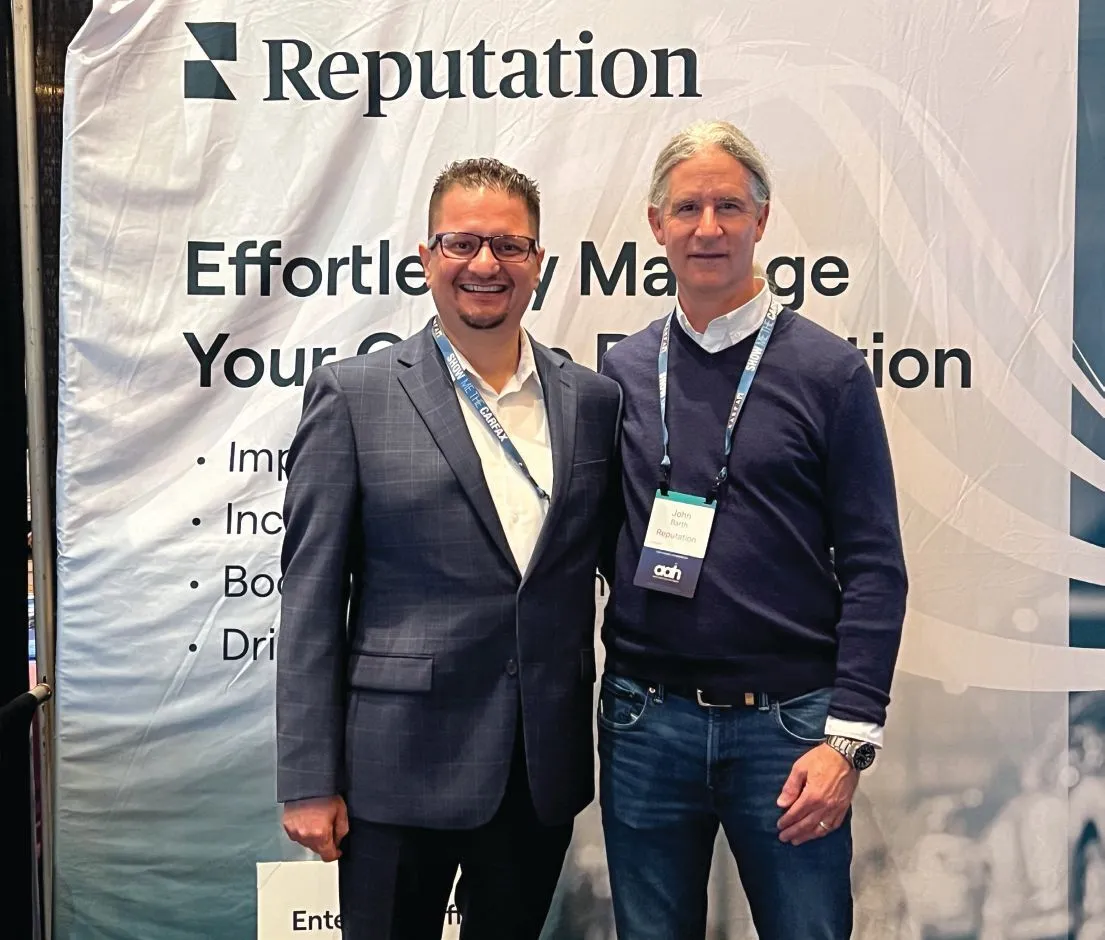Attendees at Transform ’25 had a unique opportunity to hear directly from Gurenda Bilbao, EMEA Lead for Search Partnerships at Google, in a chat with CMO Liz Carter. The conversation unpacked the seismic shifts reshaping search–and what those shifts mean for every brand.
Before diving into the full conversation, here are three key takeaways:
- Search is becoming deeply personal and emotionally driven.
Users aren’t typing in generic queries anymore. They’re expressing layered, high-intent needs like “pet-friendly restaurants with Pad Thai tonight,” and expecting Google to deliver. Content remains your most powerful tool, and your Google Business Profile is the first line of defense.
- Google is leaning hard into experiences and visual content.
Static listings are no longer enough. Businesses must serve Google rich, fresh, connected content–images, video, event posts, and linked social handles—to meet rising expectations for visual, immersive, real-time experiences.
- Google sees itself as a steward of the full customer journey: Inspire → Educate → Take Action.
Success isn’t just about being found, it’s about being actionable. Whether it’s SMS, booking links, or appointment integrations, brands must reduce friction and make it easy for customers to convert immediately from the search page.
A New Era of Search Behavior
Gurenda opened by noting how search has evolved in her eight years at Google. While the mission to connect people with information hasn’t changed, how people search (and what they expect in return) has. “More than 15% of the trillions of queries we get each year are brand new,” she said. And it's not just the queries themselves, it’s how users are entering them.
Today, people arrive at search through multiple entry points: Maps, YouTube, conversational agents like Gemini, and more. What’s changing most, Gurenda said, is user intent. Queries are now multi-layered and context-rich, often expressing complex, emotional needs.
From Blue Links to Full-Funnel Experiences
Google’s response? A complete rethink of the search results page. Gurenda explained how the platform is becoming more visual, more immersive, and more aligned with the full customer journey–from inspiration to action.
Visuals now play a starring role. For experiential intent, Google wants to surface dish photos, videos, time-sensitive offers, and rich social content–anything that shows what’s happening in a business at that moment. The goal? Help consumers make faster, more confident choices, and connect directly without navigating to another page.
Your Google Business Profile: Still the Front Door
The core source of organic business information on Google–your Google Business Profile (GBP)--isn’t going anywhere. But it’s evolving fast.
“The GBP is where it all starts,” said Gurenda. “But it’s not enough to complete it once and leave it.” Google now prioritizes freshness. That includes:
- A continuous stream of new reviews
- Updated services and pricing
- Appointment and reservation links
- SMS contact options
- Connected social profiles
- Visual content that captures the real experience of your business
- Posts about events, deals, and time-limited offers
“If the price hasn’t changed in three years, we question its accuracy,” Gurenda explained.
One standout tip? Connect your GBP with your social handles. Google will pick up content like event promos and special offers from your social channels and showcase them to users. Especially if the content is time-sensitive or experiential.
AI Overviews, Gemini, and the Agentic Future of Search
No conversation in 2025 would be complete without talking about AI. Gurenda shared how AI is deeply embedded at every stage of Google Search–from interpreting complex, multi-intent queries to powering conversational agents like Gemini and serving dynamic AI Overviews that synthesize information in real time.
Visual Content Is Your Competitive Edge
Photos, videos, event flyers, product images, behind-the-scenes clips–all of it helps Google surface your business for relevant searches and engage consumers faster.
One telling stat: “Food near me now” searches doubled last year. Businesses that make it easy to order, reserve, message, and book are going to win the click.
What About SEO? Is It Dead?
Not yet. While Gurenda assured the audience that SEO still matters, she was clear: traditional approaches alone won’t cut it.
Businesses need to feed the search engine with richer signals–from updated service lists to time-sensitive content to visual storytelling–to stay visible in AI-influenced rankings.
The Bottom Line
Whether you’re in food and beverage, healthcare, auto, retail, or any other consumer-facing industry, the message was clear: if your digital footprint isn’t up to date, you’re likely being left out of the conversation.
Want to hear it firsthand? Watch the full fireside chat between Liz Carter and Gurenda Bilbao to learn how to future-proof your search strategy in the age of AI.






